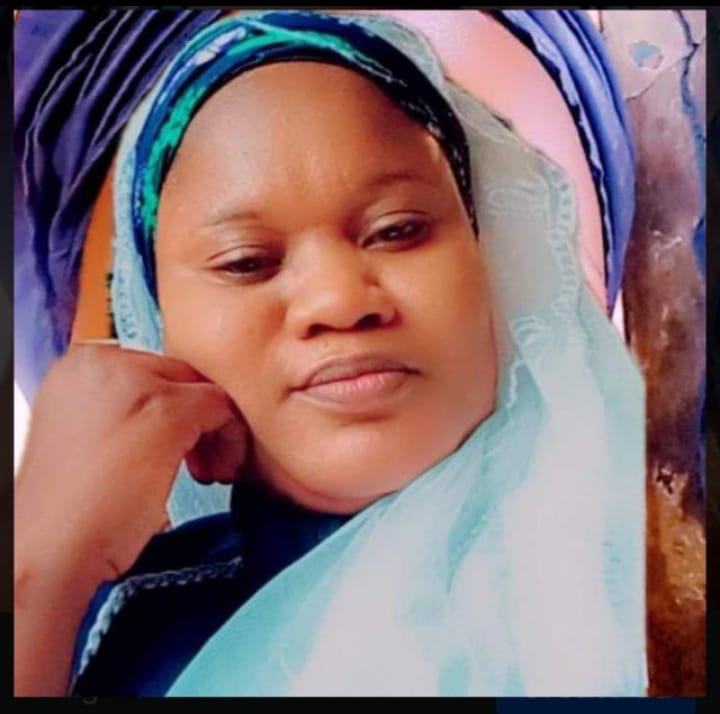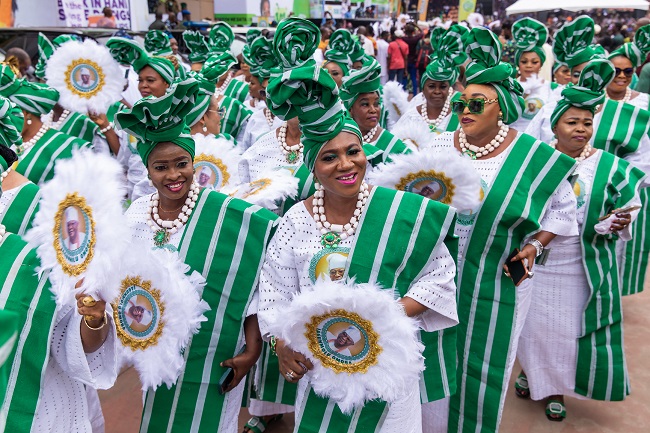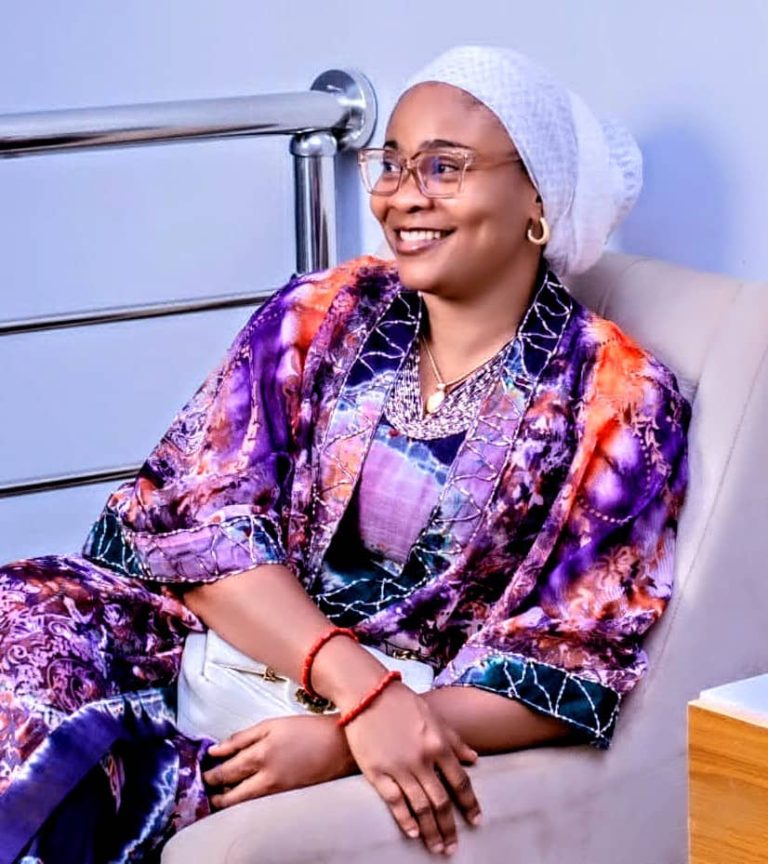The Guardians of Culture: How Nigerian Women Are Preserving Heritage

The Guardians of Culture: How Nigerian Women Are Preserving Heritage

In the ever-turning wheel of time, where the old is constantly threatened by the new, Nigerian women stand like ancient trees, firm, rooted, and graceful. While the world rushes headlong into modernity, they are quietly tending to the fire of tradition, making sure it never dies out. These women are not just keeping customs alive; they are preserving the very soul of a people. Dear reader, if culture is the heartbeat of a nation, then these women are its lifeblood flowing, nurturing, and sustaining us.
From the red clay roads of Enugu to the bustling streets of Kano, from the sacred groves of Osun to the fashion houses of Lagos, Nigerian women are proving that cultural preservation is not a backward glance but a brave act of love. They are the custodians of memory, the bearers of stories, the weavers of heritage and they are doing it with grace, grit, and an unshakable sense of purpose.

One cannot speak of Nigerian cultural preservation without calling on the name Chief Mrs. Nike Okundaye, the indigo queen of Adire. From her humble beginnings in Ogidi-Ijumu, Kogi State, Mama Nike has taken traditional Yoruba textile art from the village square to the global stage. Through her art centers in Osogbo and Lagos, she teaches the age-old methods of Adire dyeing, batik, and weaving. But she’s doing more than teaching, she’s planting seeds of pride in young Nigerians who may have never seen their culture through such vibrant, dignified lenses.
Similarly, Mrs. Fatima Shehu in Kano has breathed new life into the northern tradition of indigo-dyed fabric. Her works marry ancient Hausa designs with modern cuts and contemporary aesthetics, turning heads in fashion circles while keeping tradition rooted in every stitch. Her story is proof that you don’t have to abandon culture to be stylish in fact, culture is the style.
In Ile-Ife, the cradle of Yoruba civilization, Mrs. Omolara Ajibade is reviving the ancient art of Oriki, poetic praises that encapsulate a person’s lineage, achievements, and destiny. Through her workshops and performances, she is teaching the younger generation that our names are not just labels, they are songs, histories, and identities. “When you forget your Oriki, you forget your story,” she often says.

Meanwhile, in the east, Dr. Nneoma Okoro, an Igbo cultural scholar, is shining light on ancient Igbo traditions through her research and writings. From moonlight tales to masquerade festivals, she is documenting the rich cultural fabric of her people and ensuring that the Igbo worldview is not lost to time. As the elders say, “A man who does not know where the rain began to beat him cannot know where he dried his body.”
Culture doesn’t only live in books or songs it lives in the hands of potters, weavers, cooks, and dancers. In Anambra State, Mrs. Adaobi Okolie is doing something remarkable. Her pottery workshop, set in a quiet village outside Awka, has become a sanctuary for young girls to learn the ancient craft of pottery. Each pot tells a story; each mold carries memory. Adaobi is not just preserving a skill; she’s shaping confidence, identity, and community, one pot at a time.
In Rivers State, fashion designer Boma Dumehri is blending traditional fabrics like George and Ankara with sleek, contemporary designs. Her work is a canvas of colour and culture, worn proudly by women who want to carry tradition into boardrooms, runways, and weddings. She often says, “My needle is my heritage, and every stitch is a prayer to my ancestors.”
Dear reader, if you’ve ever been to a Nigerian traditional festival, you’ve felt the pulse of culture in your bones. These events are more than spectacles, they are sacred echoes of our ancestors, and women are often at the heart of them.
Take the Osun-Osogbo Festival, for example, where priestesses and market women come together to honour the river goddess Osun. They sweep the sacred groves, prepare ritual meals, and dance in celebration, each movement a prayer, each song a memory. Without the women, the festival would be a shell. With them, it becomes a living heartbeat.
Across the Niger, in the New Yam festivals of the Igbo, it is the elder women who bless the first harvest, tell the old stories, and prepare the meals that unite families. In these rituals, we see the blueprint of our identity and it is the hands of women that trace every line.
What good is tradition if it dies with one generation? That’s why these women are not hoarding culture, they’re teaching it, sharing it, and passing it forward like sacred beads. Whether through community workshops, university lectures, or informal storytelling sessions under moonlight, Nigerian women are lighting the path for those coming behind.
In the words of Mrs. Adaobi Okolie, “When you teach a girl to mold clay, you’re not just giving her a skill you’re giving her roots.” And in truth, those roots grow deep, holding tight to a heritage that might otherwise be washed away in the flood of globalization.
And while some may see technology as a threat to tradition, many Nigerian women are turning it into a powerful ally. Through platforms like Instagram, TikTok, YouTube, and cultural blogs like BellaNaija, they are sharing rituals, recipes, fashion, and folklore with the world.
Women are now filming traditional weddings, curating digital archives of dying languages, and streaming live sessions on how to wrap a gele or cook Ofe Nsala. Culture is finding a new stage and Nigerian women are taking the spotlight not to perform, but to preserve.
Though the journey isn’t without its bumps. Many traditional practices are fading, forgotten in the hustle of city life or buried under the weight of Western norms. There is a lack of institutional support, little documentation, and a worrying silence around dying languages.
But as the African proverb goes, “Until the lion learns to write, every story will glorify the hunter.” Nigerian women are learning to write not with pen alone, but with thread, drum, camera, and clay. They are the lionesses taking back the narrative, one tradition at a time.
In preserving culture, Nigerian women are holding up a mirror to the nation reflecting our beauty, our depth, and our roots. They are not waiting for museums or ministries; they are doing the work in kitchens, markets, studios, shrines, and classrooms. Their passion is palpable. Their sacrifice, often unsung.
So my dear reader, let us not wait until these customs are footnotes in history books. Let us honour these women, support their work, and take our place beside them in this sacred task. Because culture is not a thing of the past, it is a song still being sung, a story still being told, a dance still being danced.
And in the hands of these remarkable women, Nigerian culture is not only surviving — it is thriving.
Falilat Oreoluwa Dikko, author and public affairs analyst writes from Lagos Nigeria 12th June, 2025




